Gender

Laws of Manu
The Manu-smriti, or Laws of Manu, are of the most authoritative codes of Hinduism in India, dating back to approximately 1

“Big Business Banishes the Flapper"
The “flapper” craze overtook the western world in the early 1920s and was spearheaded by young women intent on bucking cultural n

Kasai Velvet, Democratic Republic of the Congo
Despite its name, Kasai velvet, or velours du kasai, is not actually a velvet.
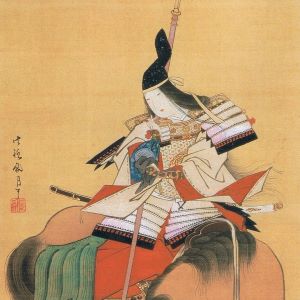
Tomoe Gozen
Tomoe Gozen was a Japanese female samurai that lived during the late twelfth century, or late Heian period, in Japan.

Picture of civil rights activist, Djida Tazdaït
One of the realizations of the 1983 March for Equality and Against Racism was the election to the new European Parliament the Lyon-based civil rights activist, Djida Tazdaït (1957- ).
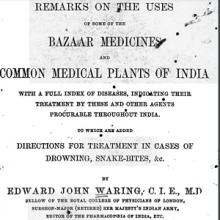
Short Teaching Module: Teaching the Intersection of Gender and Race through Colonial Medical Texts
This module focuses on medical texts written by British doctors working in India and their gendered and racial categorization of ailments and diseases.

Edward Waring on Borax as medicine in India
Waring published the book in several Indian languages and another publication Supplement to the Pharmacopoeia of India, written by Moodeen Sherriff, an Indian doctor working for the colonial administration, provided the translations and medical plant knowledge in 14 different languages.
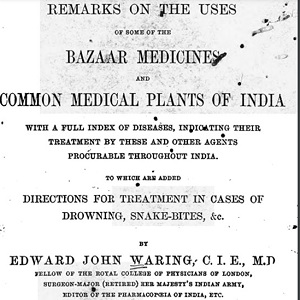
Edward Waring on Assafœtida as medicine in India
Medical publications appealed to a medical and popular audience in the hopes of providing surgeons with tips on how to obtain similar drugs and medicine in local bazaars which could not be obtained elsewhere.
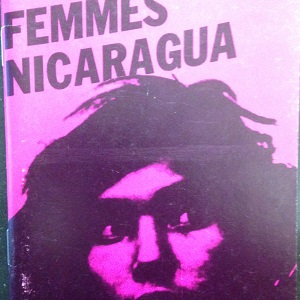
Femmes Nicaragua
This pamphlet is an excellent example of the alternative diplomacy pursued by the FSLN in its struggle with the United States government in the 1980s.
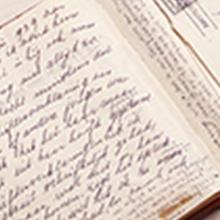
Analyzing Personal Accounts
Personal accounts, including memoirs, journals, diaries, autobiographies, and life histories, are important historical sources that help us understand the human condition. These are the stories we tell about our lives that usually portray a larger picture of a life in historical context.